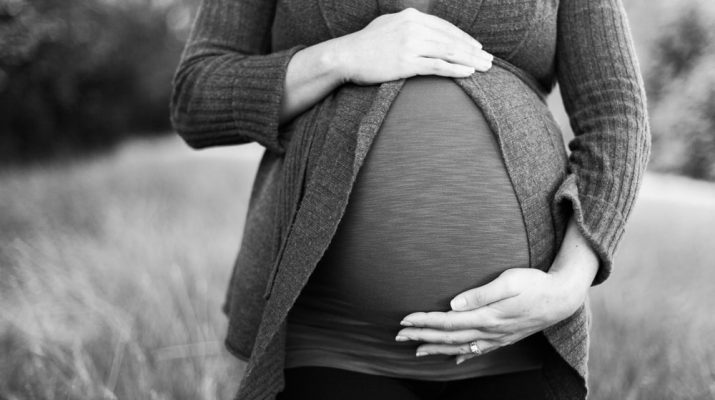54 per cent of expectant mothers expose their unborn children to conditions that might lead to premature births, according to the health ministry. Officials say that the most common causes of premature births include pre-eclampsia, heart or kidney failure, urinary tract infections and drug use.
By not attending a minimum of four antenatal visits, diseases such as pre-eclampsia that is one of the leading conditions of premature births cannot be detected early and controlled, leaving the health of the mother and the child at risk.
Figures from the health ministry show that 226,000 babies are born before the 47 weeks of gestation and 12 out of every 1,000 pre-term babies die within the first 28 days after birth.
Dr Richard Mugahi, the assistant commissioner in charge of reproductive child health services at the ministry of health says the laxity with which expectant mothers view antenatal services is leading to many avoidable premature births in the country. Dr Mugahi says they estimate that over 50 per cent of the reported premature births are caused by the mother’s not attending all four antenatal visits.
During the first antenatal visit, a complete scan that confirms pregnancy is carried out. In addition to this, a series of tests like HIV, syphilis, malaria are carried out ideally in the first 12 weeks. The following visits consist of check-ups where high blood pressure might be measured and the sex of the baby and date of births estimated.
It is estimated that the most missed antenatal visit is the last one. Mugahi says their figures show that attendance to the first antenatal visits is over 90 per cent. However, when it comes to the second visits, the number is as low as 70 per cent and even lower on the third and fourth visit.
Dr Charles Olaro, the Director Curative Services urged all expectant mothers to go for a minimum of four antenatal visits because conditions such as pre-eclampsia that can be avoided when detected early.
“Premature births are common in women who do not go for antenatal. All things relating to the health of a child and the expecting mother start at antenatal. They should all attend timely antenatal care because this is when a mother at high risk can be identified,” he said.



